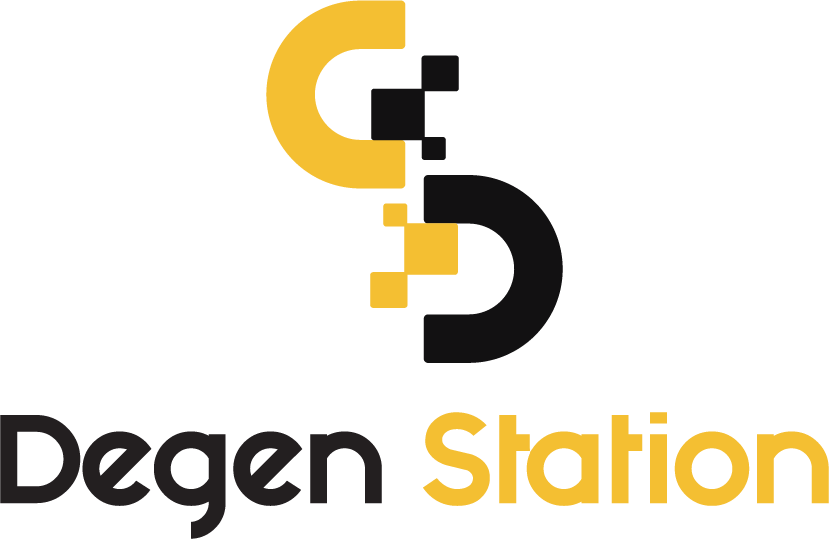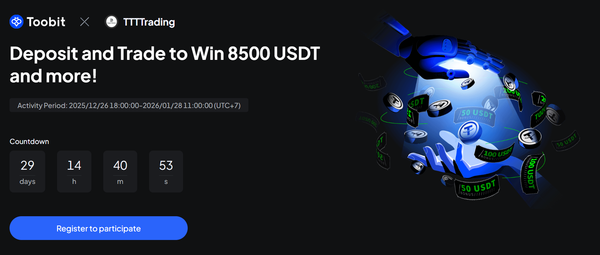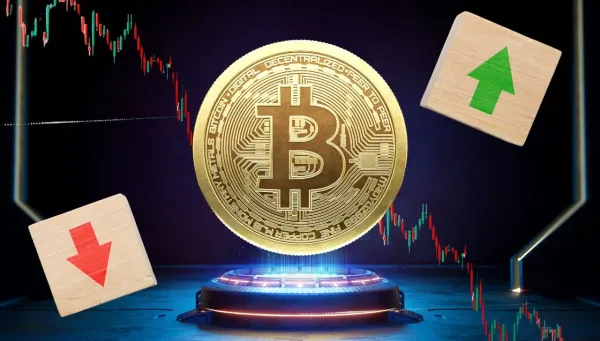Curve Finance Founder Faces Risk of Liquidating Hundreds of Millions in CRV Collateral
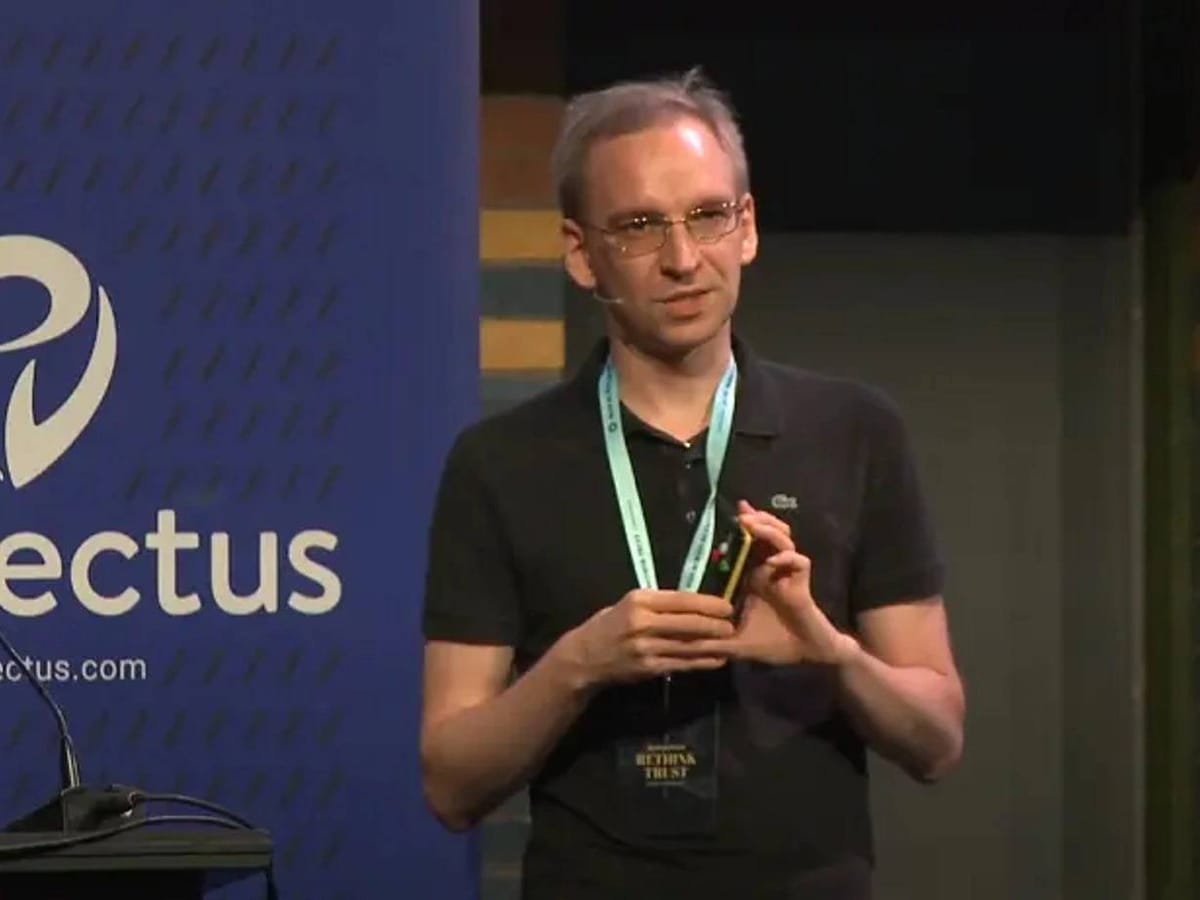
The recent attack on Curve Finance on July 30-31 has raised another significant concern for the DeFi sector: the potential liquidation of $167 million in CRV collateral by Curve's founder, Michael Egorov, on Aave, Fraxlend, and Abracadabra. If this occurs, it could trigger a widespread domino effect with unpredictable consequences.
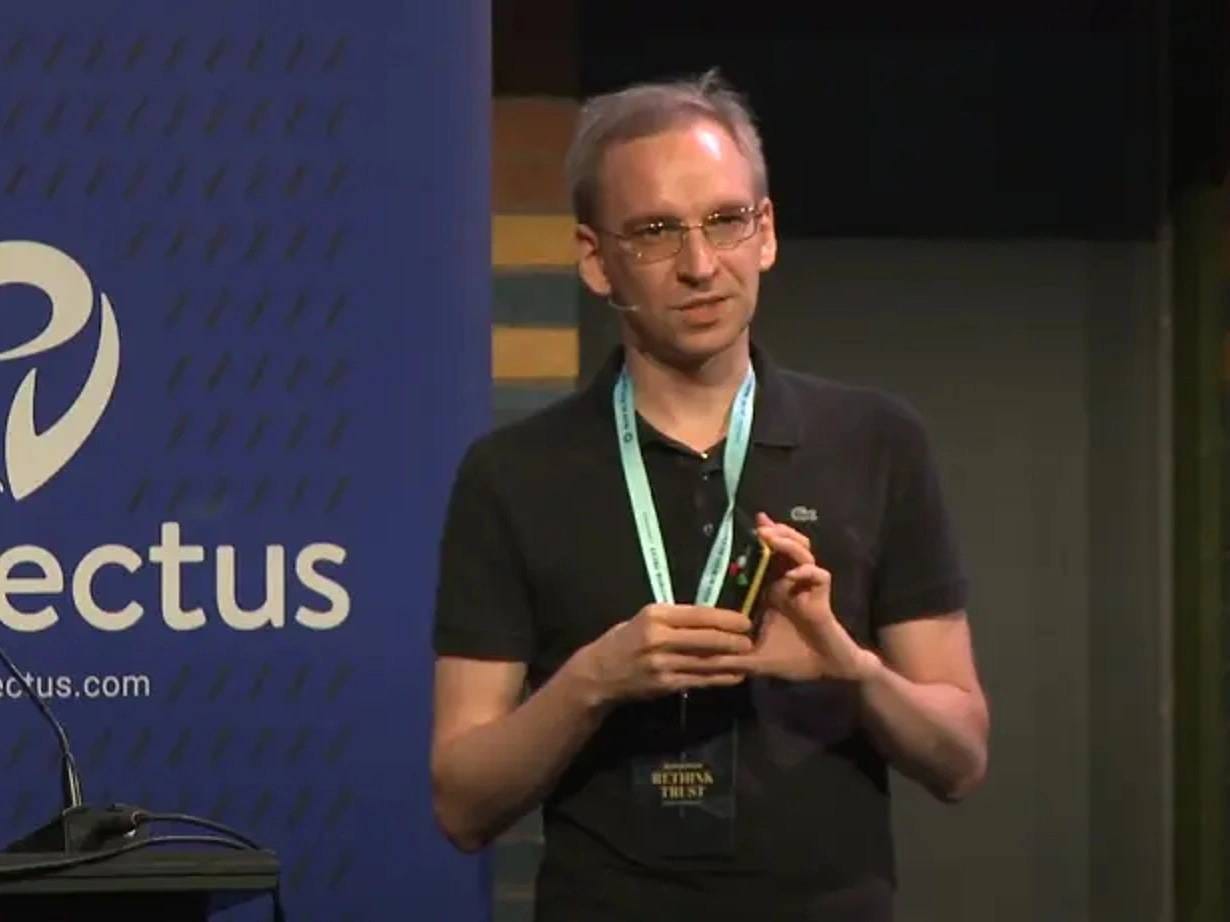
Background
Michael Egorov, the founder of Curve Finance, has recently become a focal point in the crypto market. In June, he was sued by three investment funds—1kx, Framework Ventures, and ParaFi Capital—on charges of fraud and deception.
Egorov spent $40 million on a luxurious villa in Australia, leading the crypto community to mock him as the "winner of the Curve Wars."
However, Egorov holds 47% of CRV's circulating supply, collateralizing nearly 305 million CRV (worth $167 million at the time of writing) to borrow approximately $70 million in USDT and USDC on Aave, according to DeBank data.
The health rate of this loan is 1.47; if it drops to or below 1, Aave will intervene and liquidate the collateral to avoid bad debt. DefiLlama estimates the liquidation price of CRV to be around $0.377.
Other Loans
In addition to Aave, Egorov borrowed $17.2 million FRAX on Fraxlend, collateralized by 59.1 million CRV ($32.3 million), and $14.3 million MIM on Abracadabra, collateralized by 49.9 million CRV.

Fraxlend loans have a maximum credit utilization rate, doubling the interest rate every 12 hours. If no action is taken, Egorov's APY could reach 10,000% in just four days unless he reduces his loan position or adds more collateral.
"At 100% utilization, which it is currently at, the interest rate will double every 12* hours. The current interest rate is 81.20%, but can be expected to increase to the maximum of nearly 10,000% APY after just 3.5 days." — Delphi Digital (@Delphi_Digital) August 1, 2023
Impact of the Curve Attack
Following the Curve attack, the price of CRV dropped by 20%, increasing the risk of loan liquidation. The Total Value Locked (TVL) of the DEX dropped by nearly 50% as investors and projects withdrew funds due to unresolved security vulnerabilities.


The crypto community noticed Egorov attempting to sell smaller assets, such as Lido (LDO) tokens, to obtain stablecoins, likely to improve the health rate of his Aave loan.
Recent Developments
4/ At 100% utilization, which it is currently at, the interest rate will double every 12* hours.
— Delphi Digital (@Delphi_Digital) August 1, 2023
The current interest rate is 81.20%, but can be expected to increase to the maximum of nearly 10,000% APY after just 3.5 days. pic.twitter.com/Y1LVnBL3JO
On the morning of August 01, Egorov opened two new liquidity pools on Curve between the project's stablecoin crvUSD and Fraxlend's LP tokens, offering high liquidity rewards to attract yield farmers. This move is speculated to reduce liquidation risks for his Fraxlend loan. As of this writing, the pool has attracted over $2 million in deposits.

DeFi Protocols and Risk Management
Mich is now digging in couch cushion and selling LDO tokens from other accounts via 1inch to get money.
— Adam Cochran (adamscochran.eth) (@adamscochran) July 31, 2023
But like $10k-$20k batches.
He is obviously way more on the ropes than people thought 😬 pic.twitter.com/ES0F9AFRHM
This situation raises questions about why DeFi protocols accept significant token collateral from a project founder to provide large loans without imposing additional risk prevention measures.
9/ Today, Egorov deployed a new Curve pool & gauge: a 2 pool consisting of crvUSD & Fraxlend’s CRV/FRAX LP token, seeded with 100k of $CRV rewards.
— Delphi Digital (@Delphi_Digital) August 1, 2023
This CRV/FRAX LP is the same liquidity that he is borrowing from on Fraxlend & poses the largest risk to his potential liquidation. pic.twitter.com/x0zVyO7sjY
The unfolding events highlight the interconnected risks within the DeFi ecosystem and the need for robust risk management practices to mitigate the impact of potential liquidations on the broader market.
